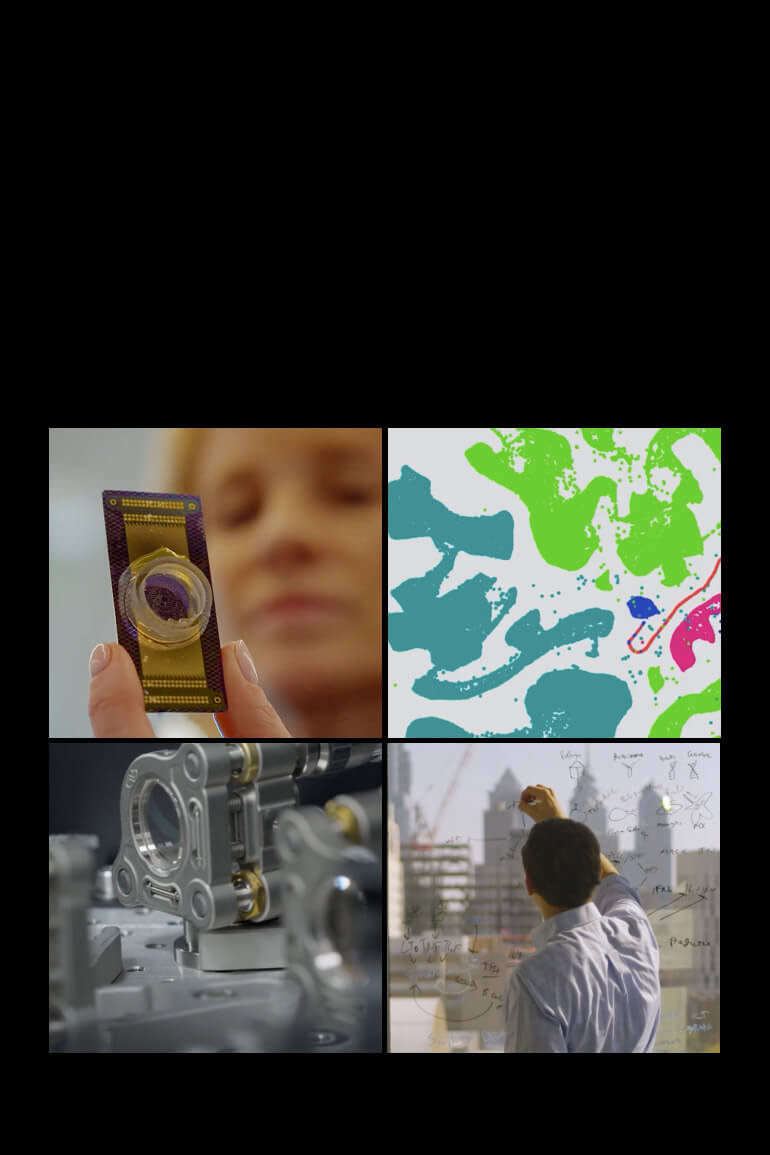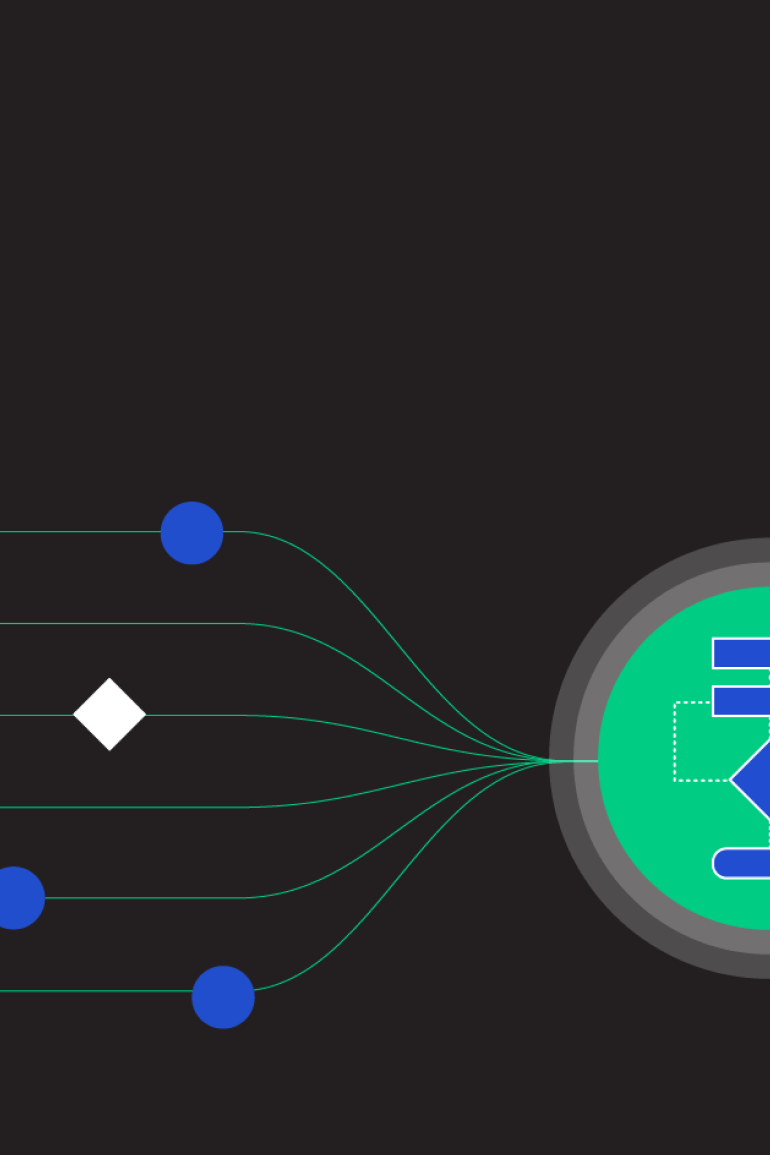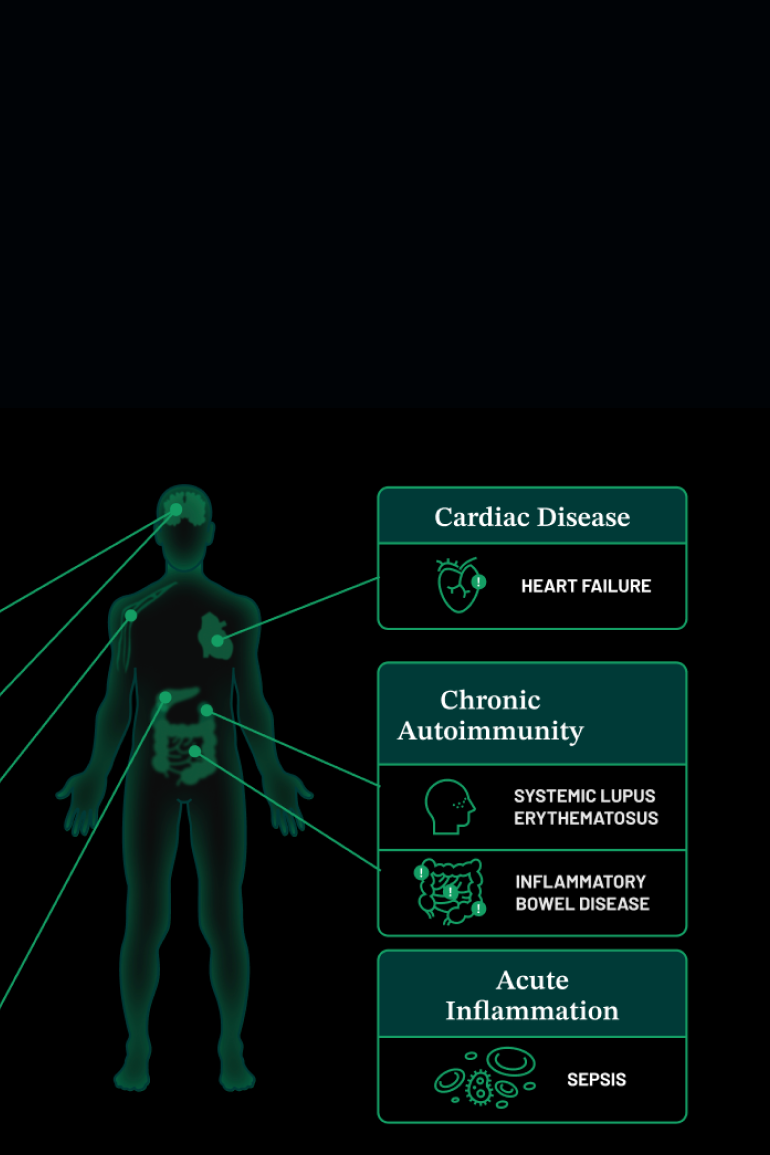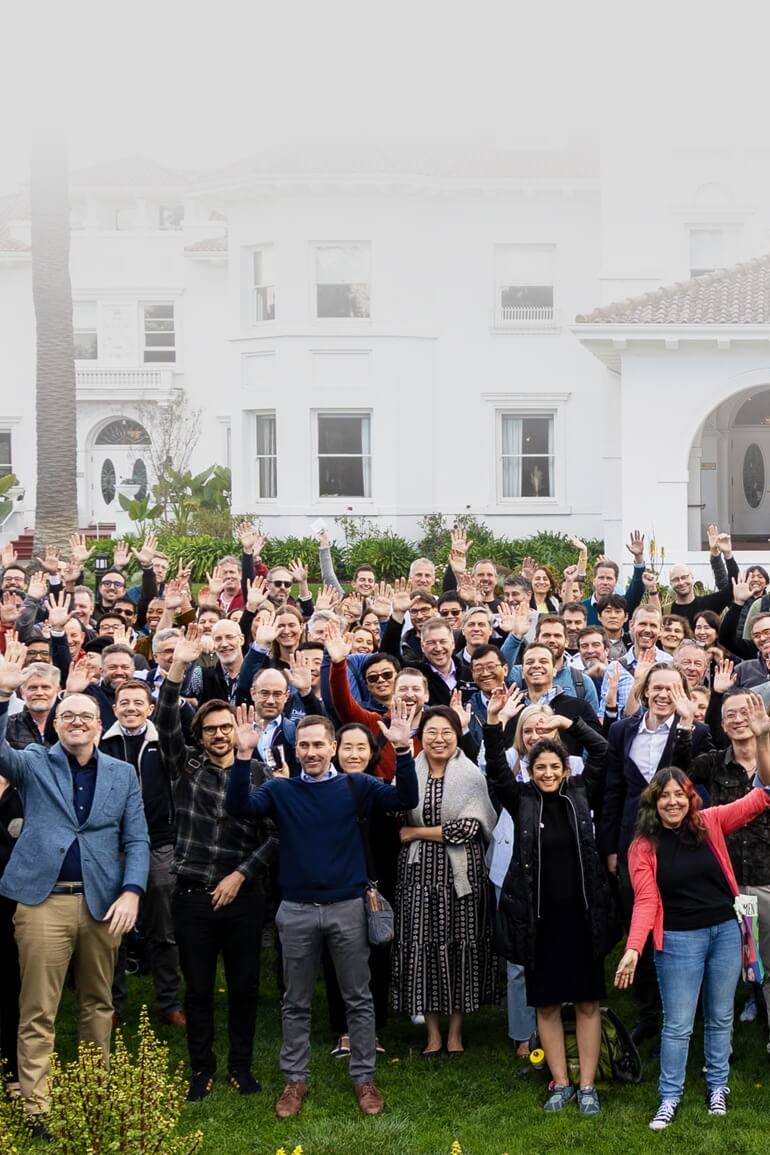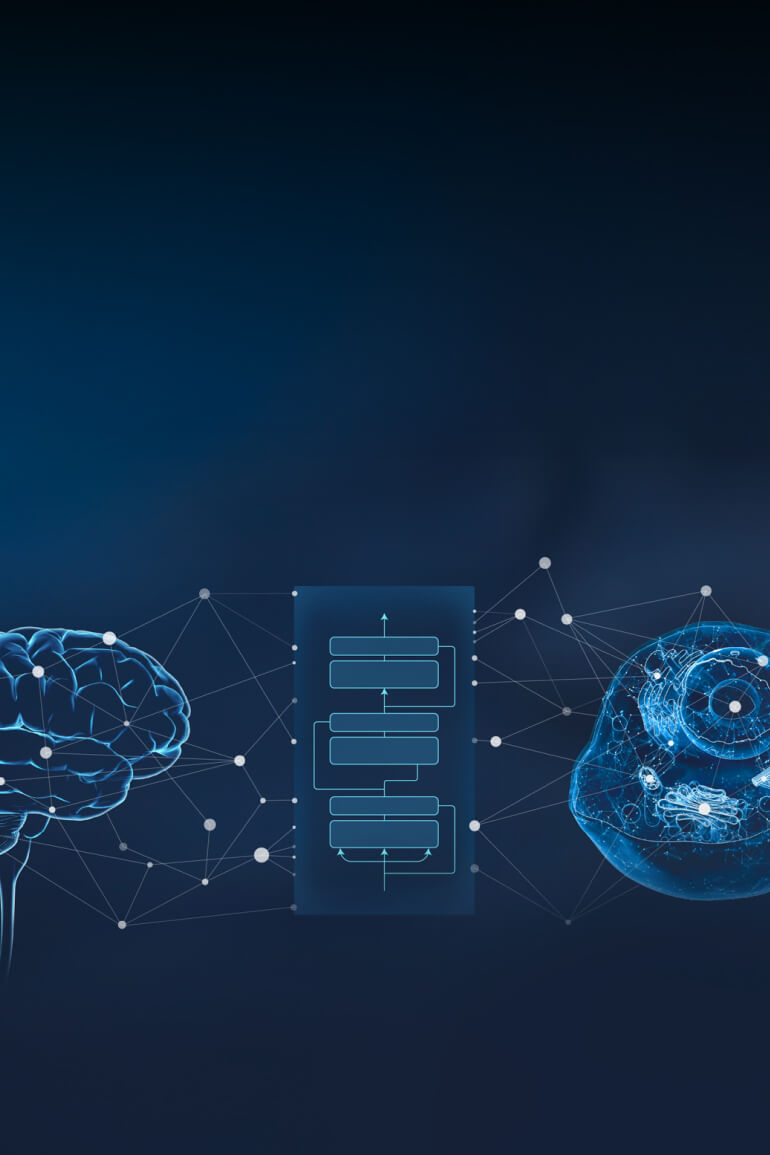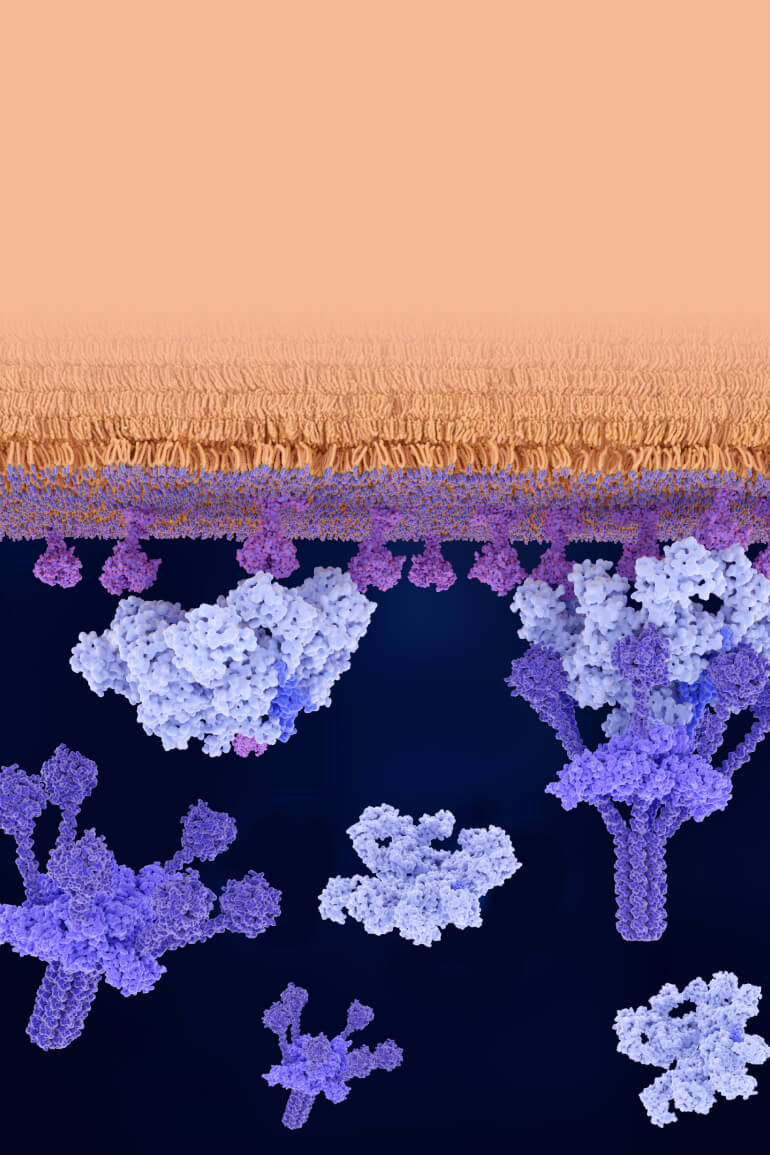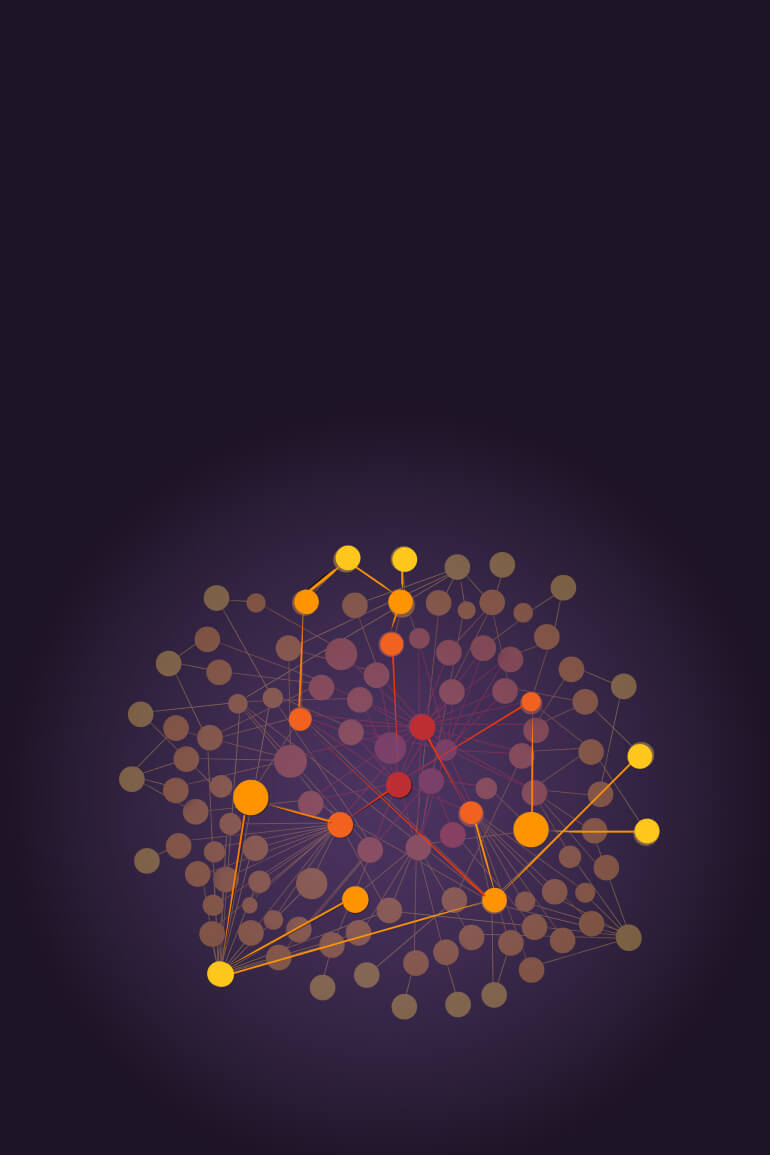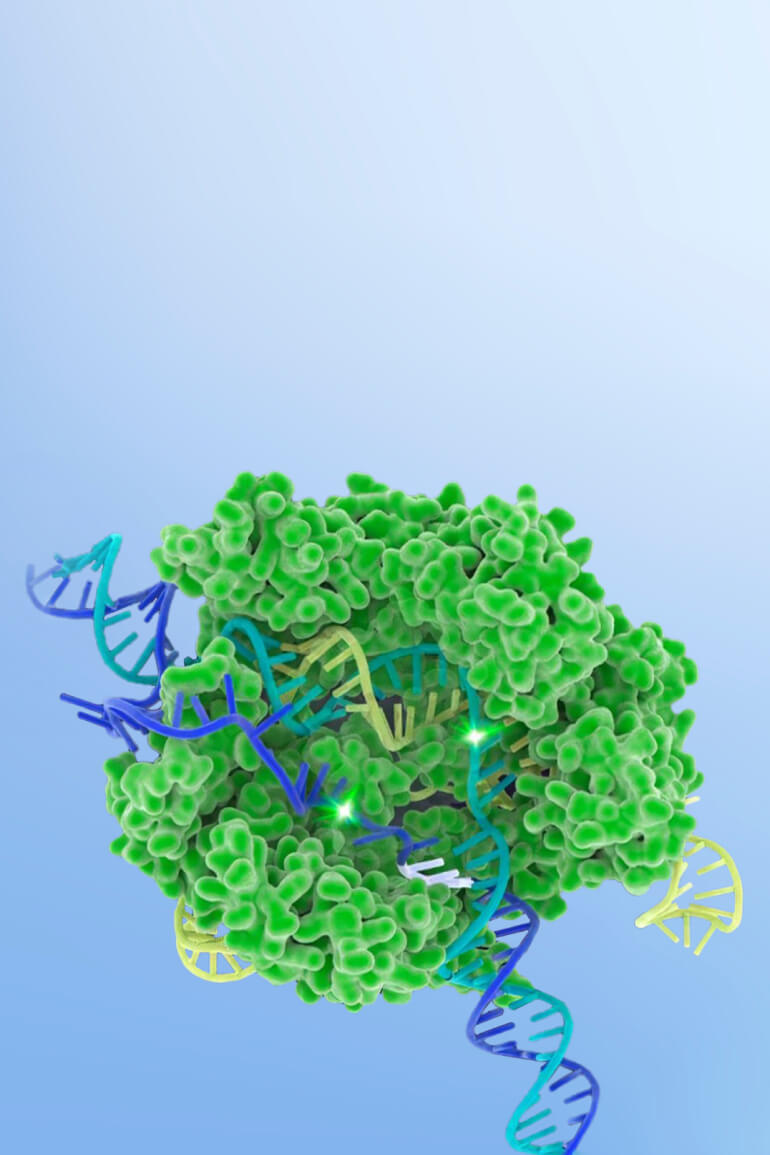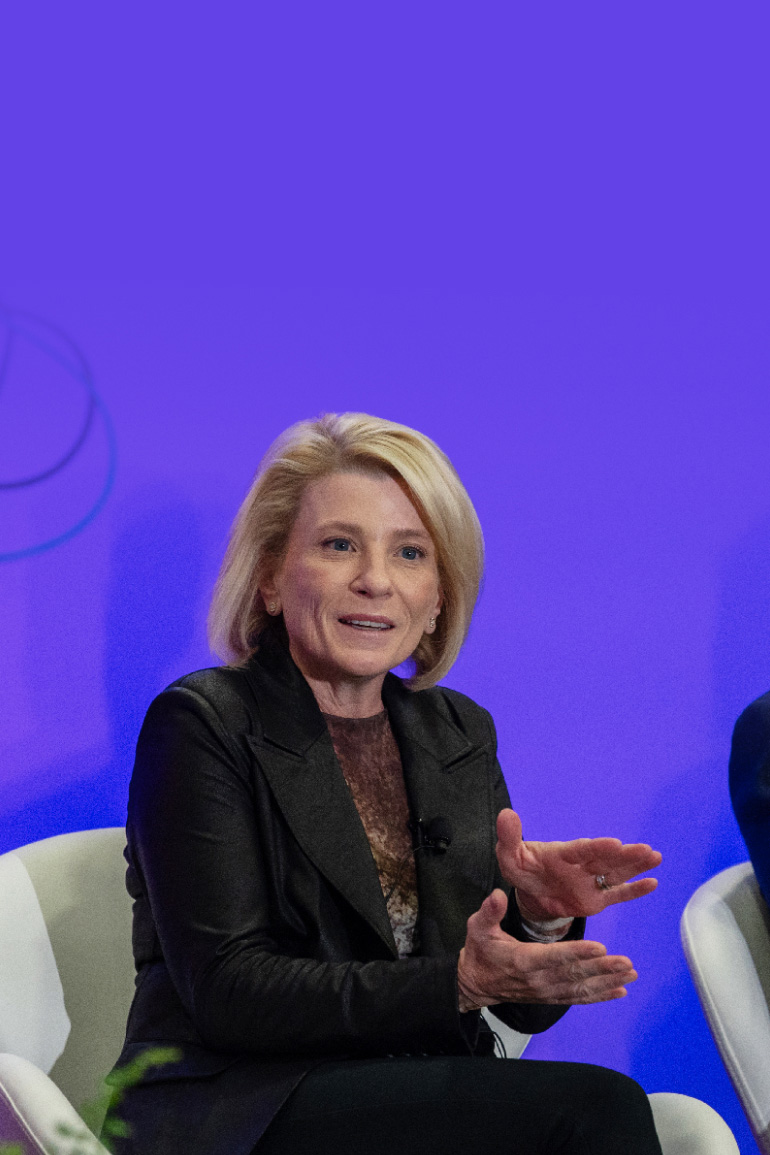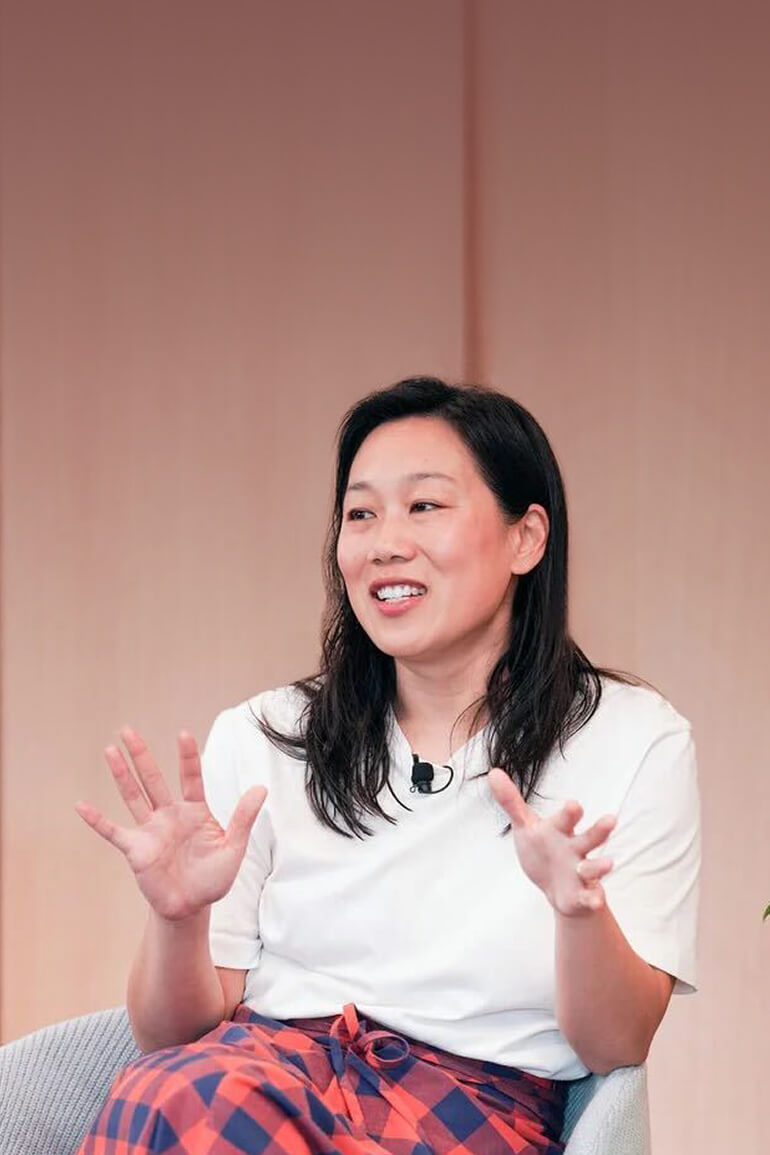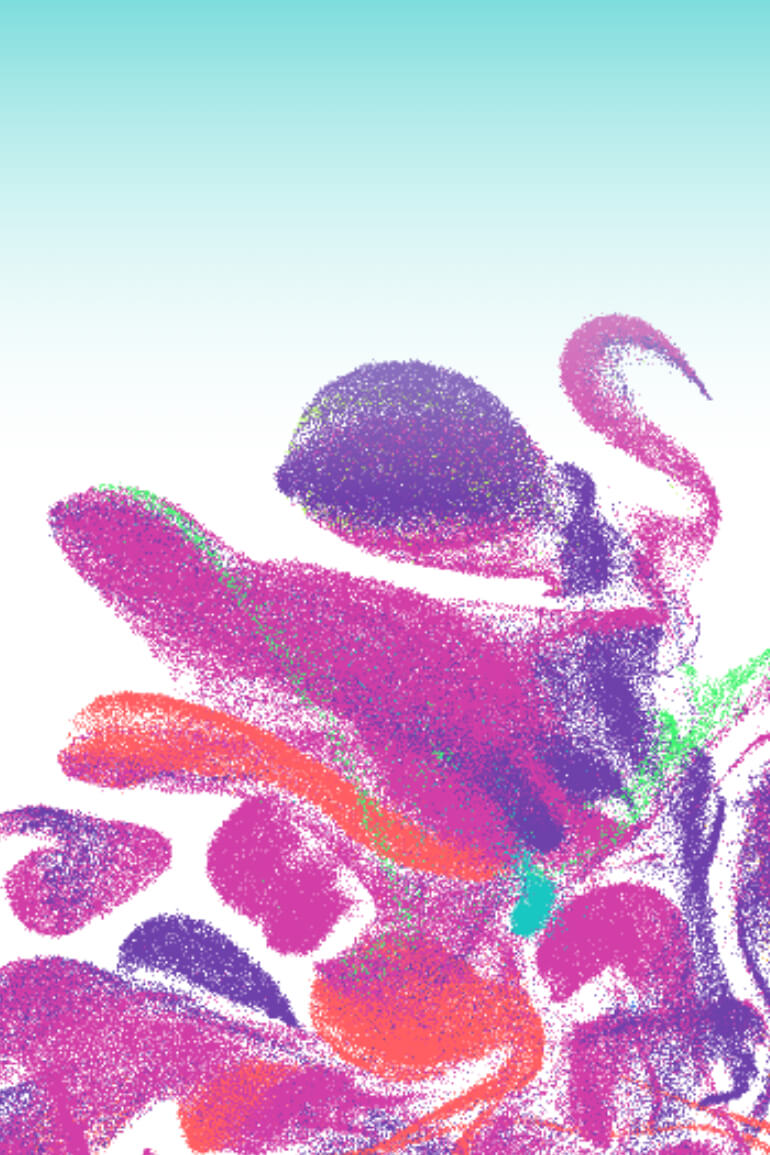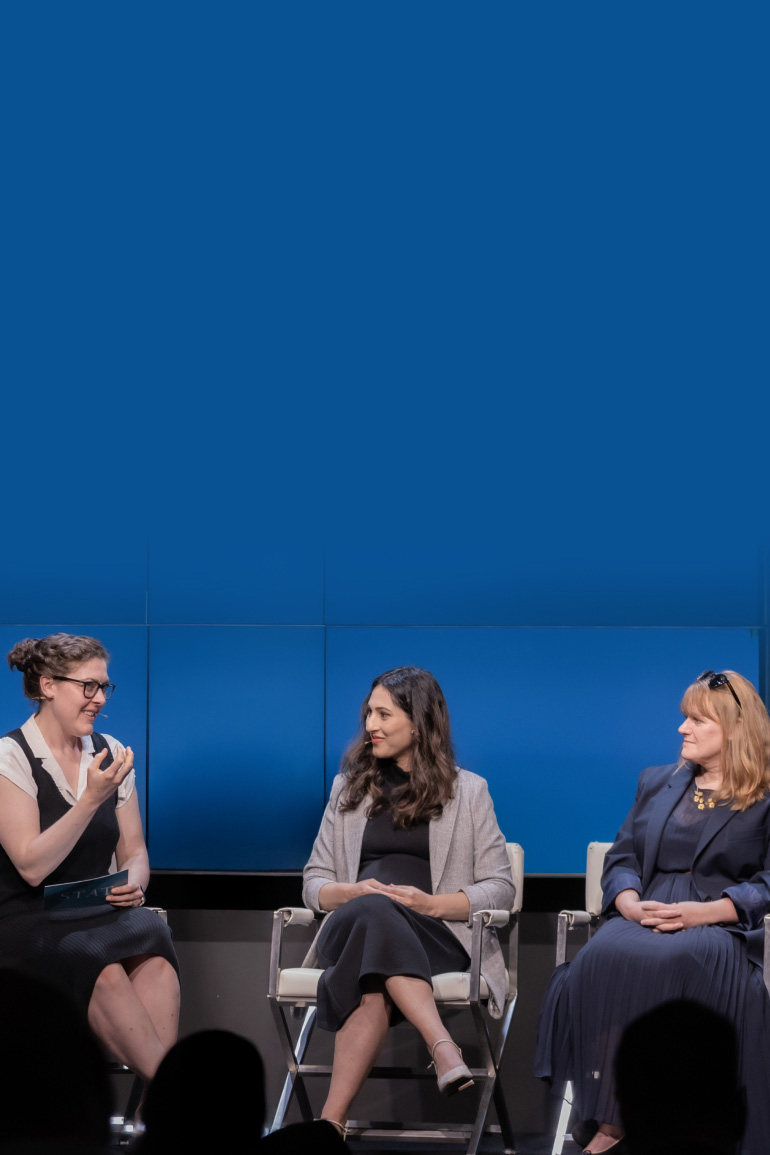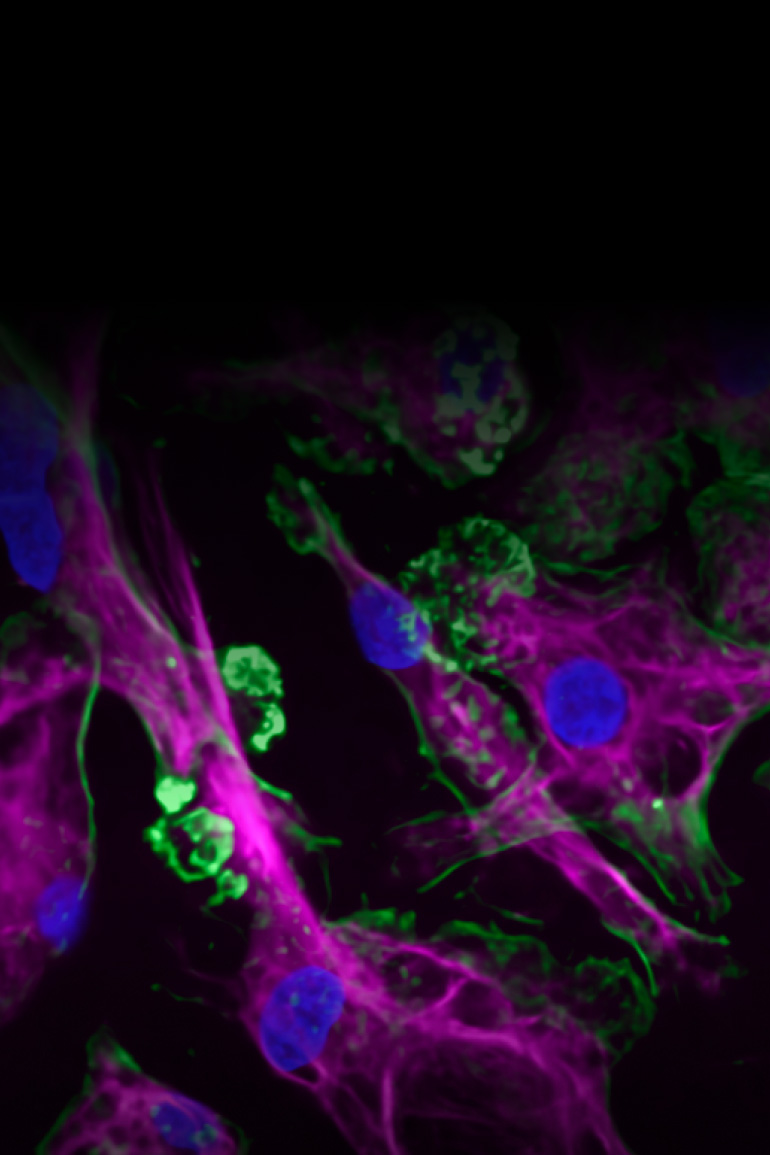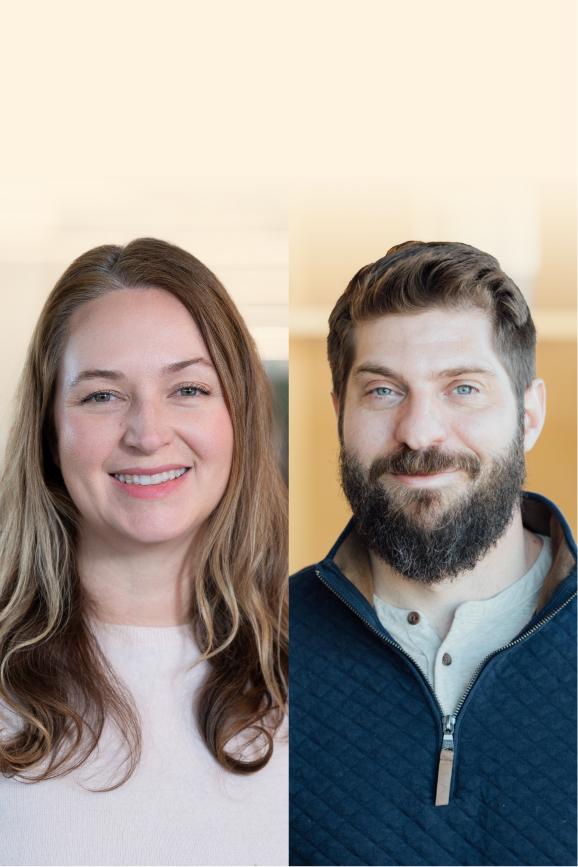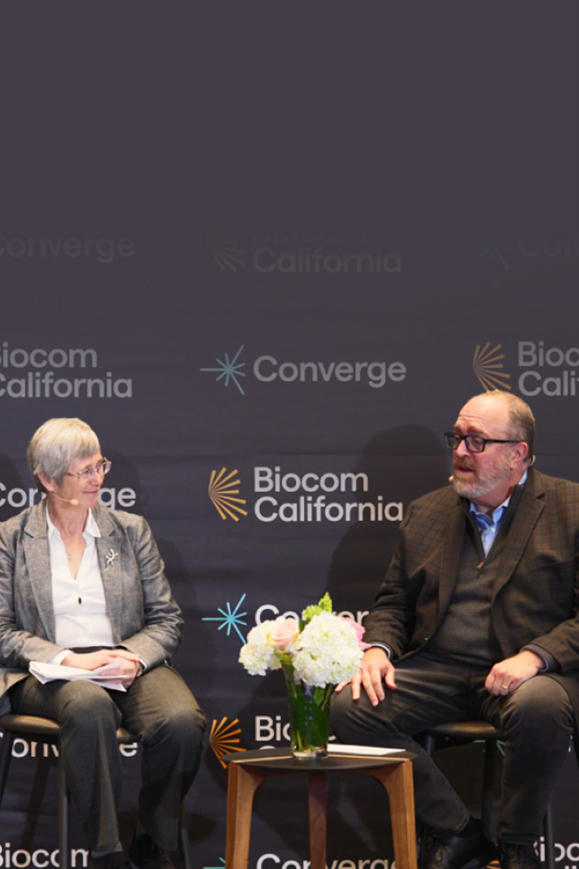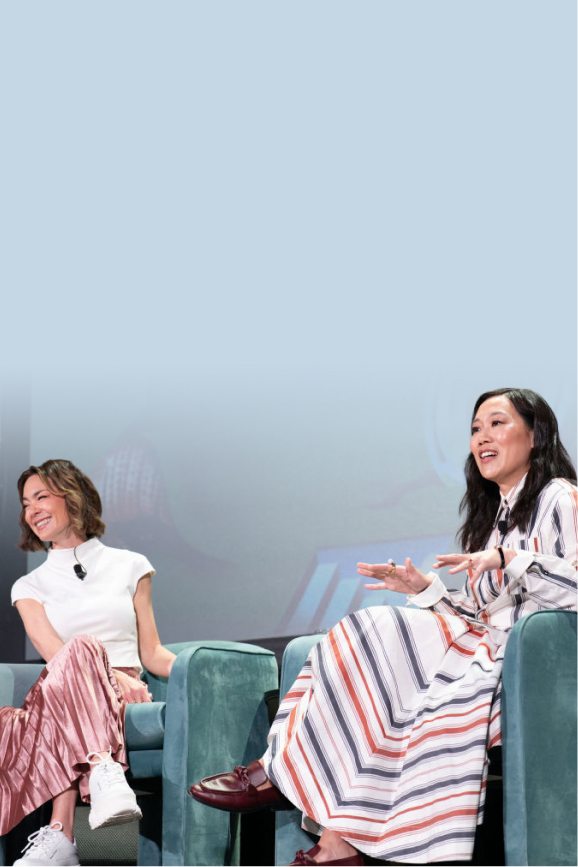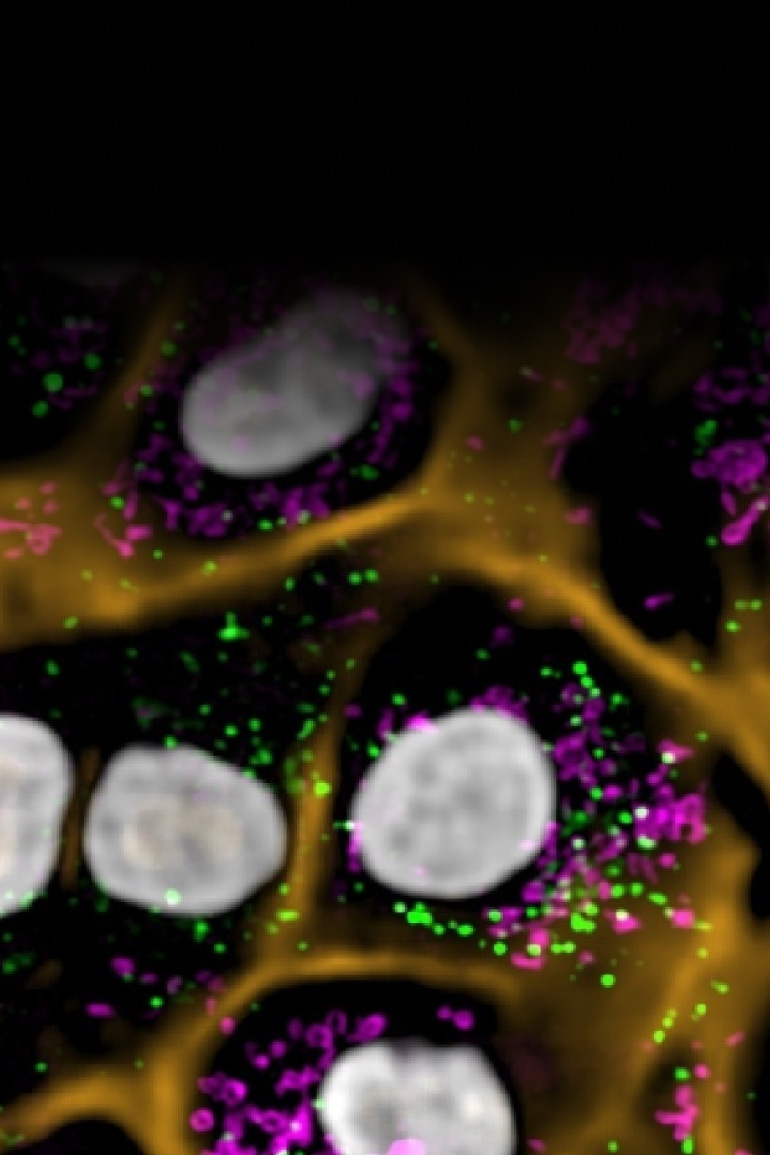Leading a New Era of AI-Powered Biology
At our biomedical research organization, Biohub, we’re building the technology to help scientists around the world use AI-powered biology to study how cells operate, organize, and work as part of systems to understand why disease happens and how to correct it.

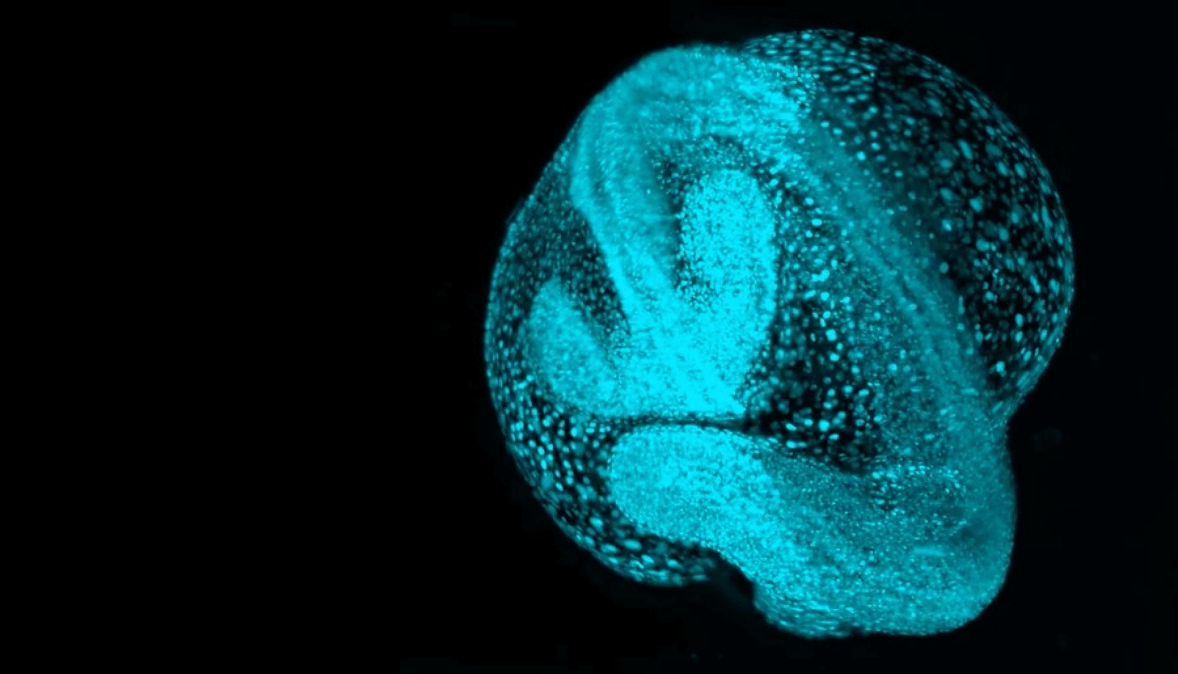
Frontier AI. Frontier Biology.
“If we can create new tools that help scientists work faster, think in new ways, and see the world differently, it changes how we approach solving problems and what we believe is possible.”
CZI is composed of four funding entities: the Chan Zuckerberg Initiative, LLC ; the Chan Zuckerberg Initiative Foundation (a 501(c)(3) private foundation); the Chan Zuckerberg Initiative Donor-Advised Fund (DAF) at the Silicon Valley Community Foundation; and Chan Zuckerberg Initiative Advocacy, (a 501(c)(4) organization).
News & Stories
Interested in learning more about our work in science? Get the latest information from the links below.




